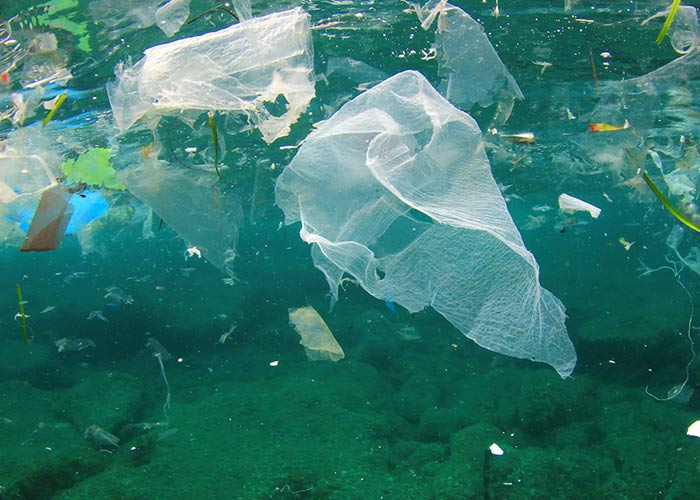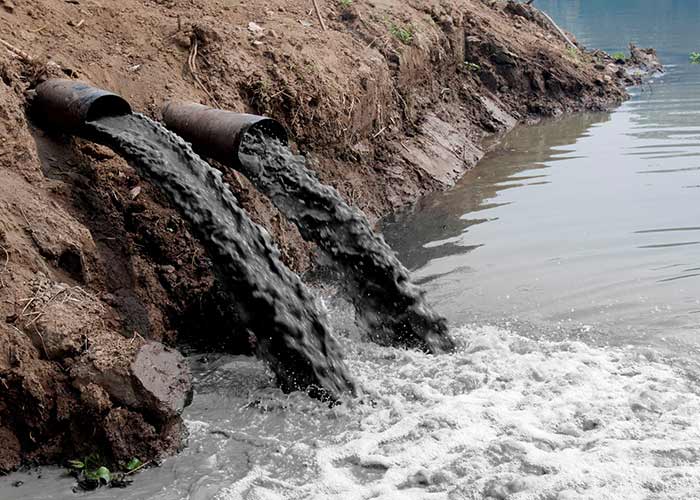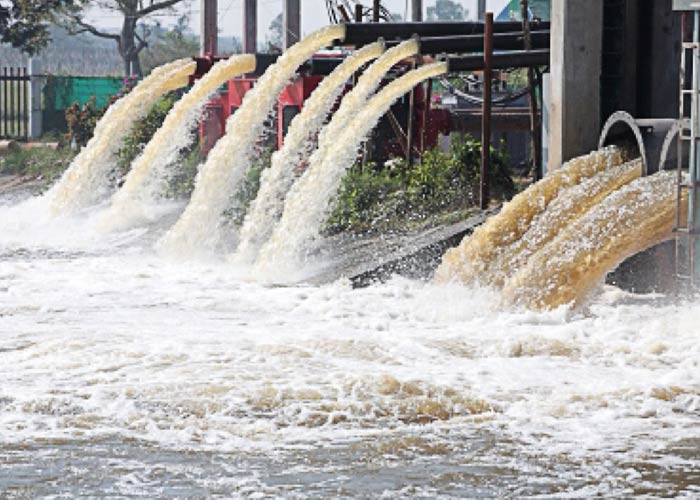Thrown by the public, plastic bags are one of the most commonly found garbage items on the sea beaches. Moreover, once they are used most of the plastic bags become litter and find their way into waterways and rivers to finally reach oceans. After entering the oceans, plastic bags ride on the currents of the oceans and spread across different seas around the world. Marine animals confuse these plastic bags for food and eat them and die later.
Threat to Millions of Marine Animals
One of the most common garbage found on the beaches, plastic bags are swept up quickly in the ocean’s currents. As per a recent research more than 12 million tonnes of plastic is entering the seas every year and it’s a serious threat to marine life. In Mediterranean Sea alone more than 25 million plastic bags float every 1000 kilometers of the coastline – such is the grave intensity of the threat to the marine animals.
While floating in sea, plastic bags look like jelly fish to sea creatures, especially the sea turtles that eat jellyfish as their regular diet. They swallow plastic bags and die since these bags block their stomach and then they starve to death. In a similar manner millions of other sea creatures also die after eating plastic bags in the oceans across the world.
Plastic Bags are Non-Biodegradable
Another reason why plastic bags are harmful to marine life is that made of plastic they are non-biodegradable. Consequently when they enter sea, they keep on floating in the oceans until eaten by the sea creatures like sea turtles, sea birds, seals and whales. Especially the ingestion of plastic bags by sea birds has in the recent years emerged as one of the most deadly threats to the marine life. Sea birds who are habitual of preying on the water surface get instantly attracted to floating plastic bags on the surfaces of the oceans and swallow these bags instantly and die.
Millions of such animals are killed by the floating ‘plastic bags’ in the marine environment. These plastic bags when swallowed by the sea creatures remain undigested in their gut leading to a very painful slow death for them. Not only this, but after their death these plastic bags once again freed back into the oceans to kill other sea creatures. It is since non-biodegradable plastic bags take more than 1000 years to decay, they are one of the biggest threats to marine life.
What can be done to Conserve Marine Life
Plastic bags in the oceans are so disastrous for the marine life that it is high time for the human beings to give a serious thought to this perennial issue. They are immediately required to avoid disposing plastic bags on the sea shores as well as near to any waterways. Following are the ways to tackle this problem:
> We must avoid throwing plastic bags here and there in open, since these plastic bags will finally find their ways in various waterways, drains, rivers leading to oceans.
> We must promote recycling of plastic bags by creating appropriate recycling systems.
> Changing the supply chains of packaging which largely depends on plastic bags currently. We must encourage other eco-friendly solutions for packaging to save the marine life.
> We should opt for fully biodegradable plastic bags which are made of plants materials.
> We should establish full proof recycling system for plastic bags.
> We must raise awareness among the public about this issue and educate them about managing the waste plastic bags.
> We must regularly clean our beaches and arrange for proper disposal of plastic bags on the beaches to ascertain that plastic bags do not sweep away in the oceans.
> Employing enforcement officers to keep a watch on the beaches through visiting and patrolling the beaches to ensure no plastic bags are thrown in the oceans.
> Encouraging further research on how to protect the marine life from the deadly impact of plastic bags.
> Controlling the production of plastic bags to safeguard the marine life.
> Marking red-zone to the areas where high amount of plastic bags are being dumped to ensure complete ban on throwing used plastic bags in those areas.
Prevention is the Best Action
We must apply complete ban on the use of plastic bags – that’s the best solution to this problem. To encourage the ban the governments across the world must introduce heavy taxes on the use of plastic bags. Already some of the well-known countries like Spain, Croatia, Greece and even Israel have introduced tax on the use of plastic bags which has considerably reduced the use of plastic bags in these countries. Taking a cue from these countries we must introduce taxes on the use of plastic bags, besides limiting their production.
Public Awareness is Must for Conserving Marine Life
We have already identified the problem that how plastic bags are reaching the oceans, now it’s time to act. We should make strict laws to stop the production and use of plastic bags to keep the marine environment clean. At the same time we are required to enforce such acts strictly. Moreover, we must seek maximum public attention towards this issue and ensure that all the laws in this reference are smoothly enforced.
Raising public awareness is urgent for proper disposal of plastic bags to save marine life. Apart from all these we must develop such a system that controls the use of disposable plastic bags. In other words, we must encourage use of only recyclable plastic bags and a complete ban on the use of any kind of plastic bags is the best remedy to safeguard marine life from the menace of plastic bags.
Conclusion
Throwing plastic bags in open spaces is disastrous since these bags ultimately reach oceans by entering flowing water sources like drains, waterways and rivers. Plastic bags are serious threat to the marine life which includes a large number of species. It’s high time we must understand that the use of plastic bags is disastrous for the entire marine life. Therefore the human race should understand their responsibility towards marine creatures and avoid disposing plastic bags in a way that these bags do not enter rivers, oceans, or any other waterways.







